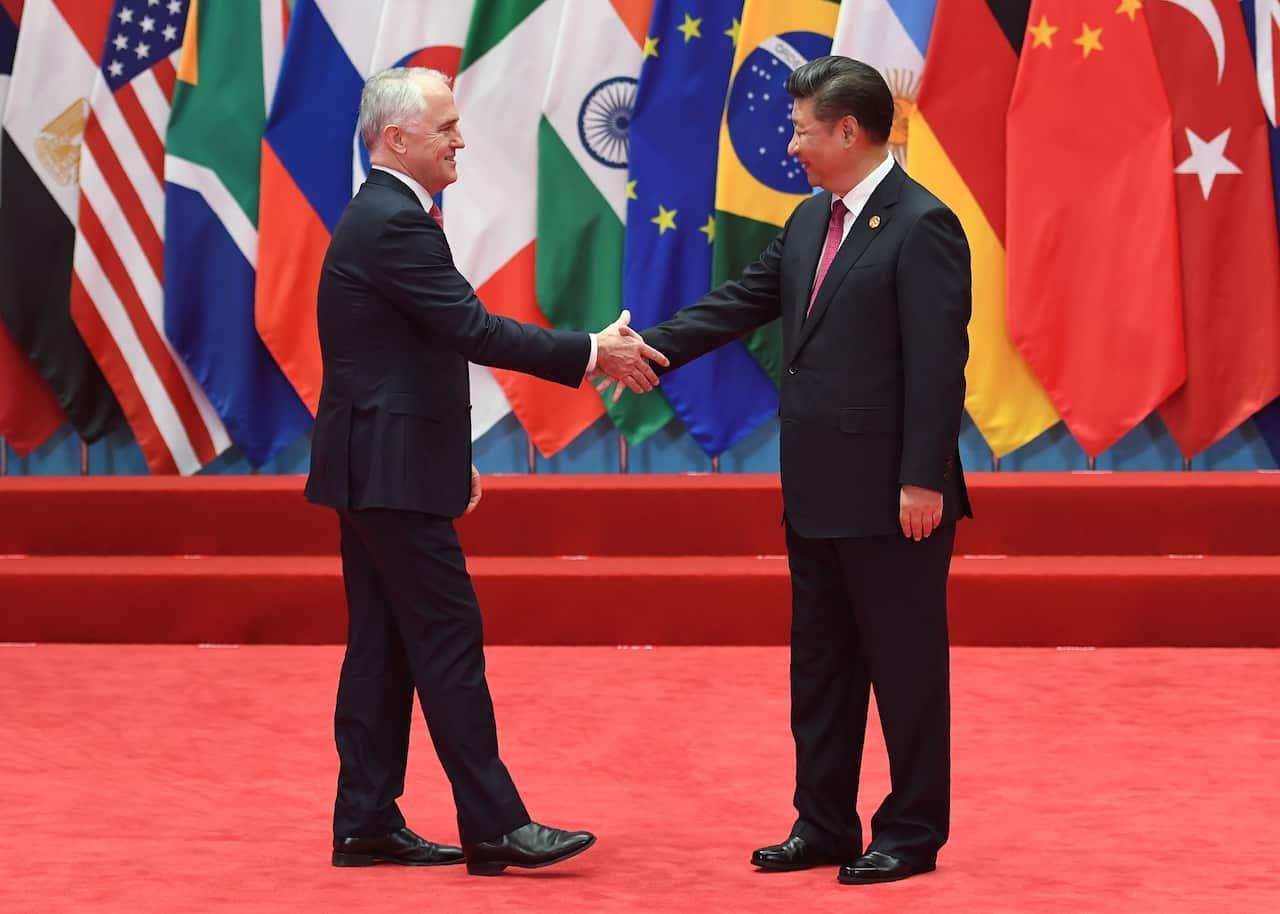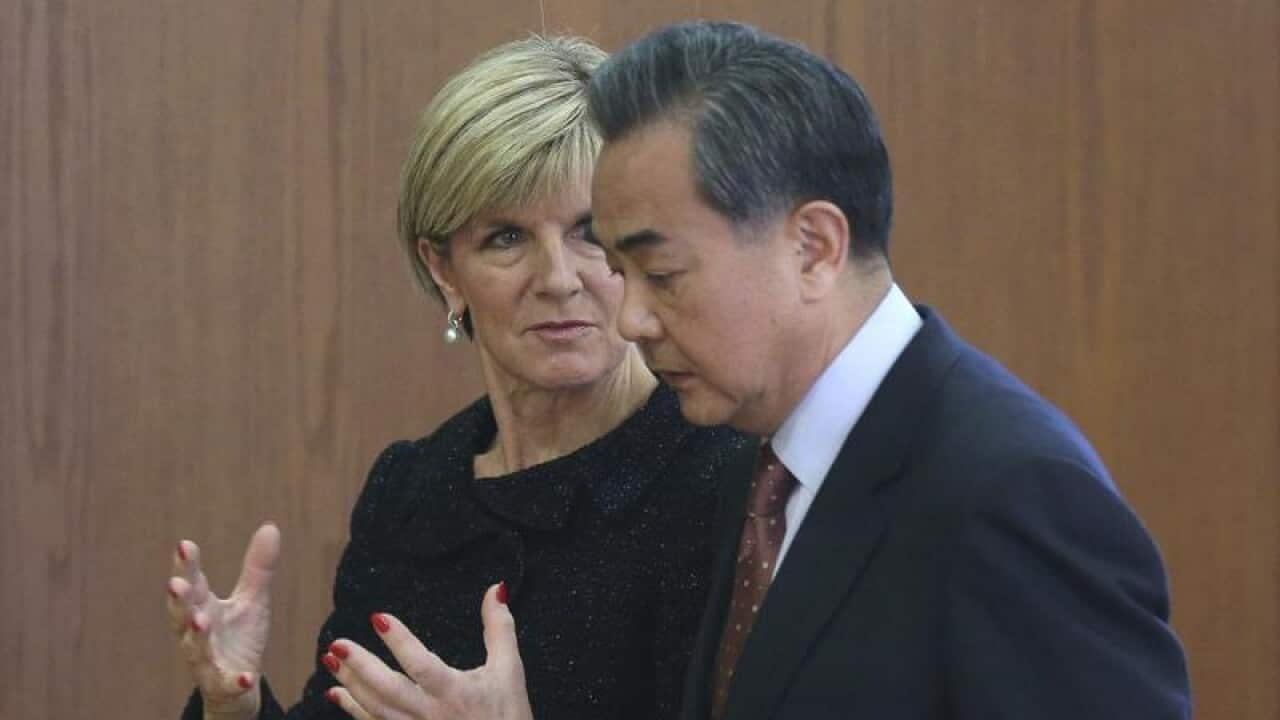Heavy-handed censorship of foreign government content on Chinese social media has decreased as censors have found more subtle and effective ways to control sensitive information, at the same time as more foreign governments have self-censored content posted through their embassy channels, a new report from an Australian cybersecurity research group says.
In a time of some discord in the Australia-China relationship, the International Cyber Policy Centre (ICPC) report says the Australian government is not doing enough to get its message out to the Chinese public.
Report author Fergus Ryan, from the ICPC at the Australian Strategic Policy Institute in Canberra, reviewed three months of Weibo posts from major foreign embassies in China and their treatment by China’s censors.
He said his research raised questions over whether Australia was self-censoring, or at least “being careful to colour within the lines of CCP-approved discourse”, given just three of its Chinese embassy posts had been deleted, apparently for using the name of China’s President Xi Jinping and not for any sensitive content.
By contrast, 28 posts by the US embassy were censored in the same time frame, six of them deleted entirely.
Interestingly, Mr Ryan found that the provocative “Orwellian nonsense” post by the US embassy earlier this month, where the White House rejected what it called “Chinese political correctness” over Beijing’s preferred characterisation of Taiwan as a Chinese territory, was not deleted.
But its impact was limited as the sharing function on the post was disabled by censors and comments heavily critical of the US line were promoted to the top, giving the false impression that Weibo’s users were universally critical of the White House’s statement.
“It may be ‘Orwellian nonsense’, but it does largely work,” Mr Ryan said.

Mr Ryan said China was investing billions in promoting its message abroad, including with paid supplements in major western newspapers.
Since the reverse is not legally allowed in China, he argued Australia should seek to have its voice heard more widely in the country by establishing a dedicated Weibo presence for the prime minister and foreign minister, as well as cross-posting all content on the uncensored US-based platform Twitter, which has an estimated 10 million active users in China despite being blocked by the country’s “Great Firewall”.
SBS News understands DFAT is considering the recommendations of the report, Weibo diplomacy and censorship in China’, which is to be publicly released today.
Australia’s relationship with China has been challenged in recent months by reports of interference by Chinese government-linked interests in Australia's democracy and media, and the Turnbull government’s introduction of new foreign interference laws seemingly aimed at Beijing.
But Mr Ryan said without active public diplomacy on Weibo, a relatively open channel into China’s tightly-managed “information environment”, Australia was abandoning the conversation about the bilateral relationship to the hyper-nationalist Chinese voices typically promoted on Weibo.
“If Australia doesn’t take a more assertive stance … it means that the conversation that is already happening in the Chinese media and on Chinese social media will just continue without the voice of the Australian government playing into that conversation,” Mr Ryan said.
A DFAT spokesperson said: “The purpose of the Australian embassy’s Weibo service is to promote constructive relations and highlight areas of cooperation between Australia and China, with a particular focus on posts that appeal to younger Chinese audiences.”
Mr Ryan also recommended that Australia should, in coordination with other democratic governments, publish regular transparency reports detailing which of their Weibo posts have been censored on the platform.
He stressed the point was not to “gratuitously poke Bejing in the eye”, but to ensure Australia’s voice was heard and the country lived up to its stated foreign policy of advocating for liberal, democratic values.
But Dr Ying Jiang from the University of Adelaide, who researches Chinese social media and cyber-nationalism, was sceptical about the value of public diplomacy on Weibo.
She told SBS News: “Number of followers, number of comments doesn't directly indicate positive engagement, it is quite common that a Weibo account has very good ‘interactivity’, but the comments it receives are mostly negative and damaging. That is why I doubt the power of Weibo in diplomacy practice.
“It also provides a direct channel for the expression of nationalistic sentiments and irrational discussion.”
DFAT confirmed that Australia “makes representations as appropriate” to China about incidents of online censorship.

